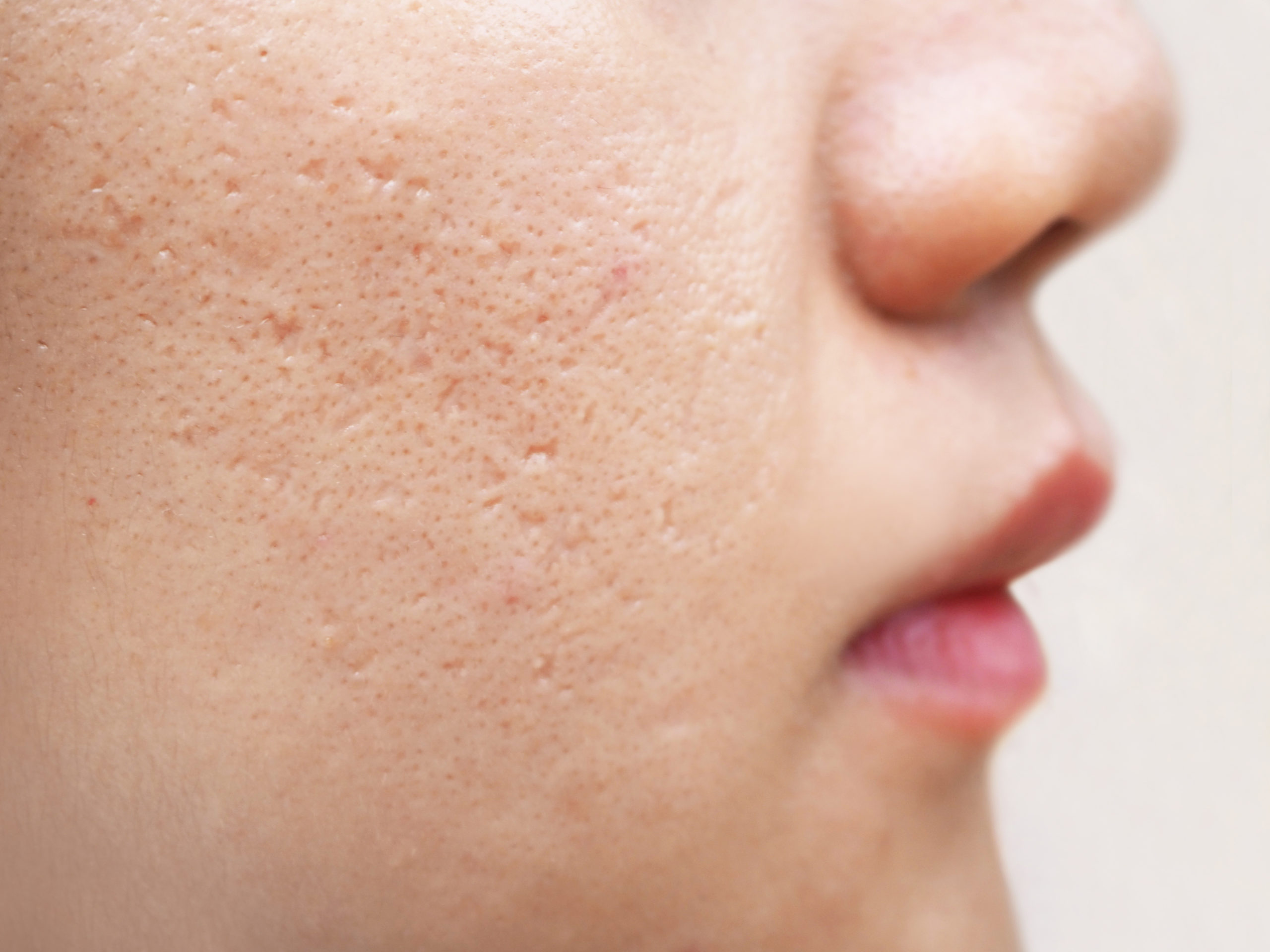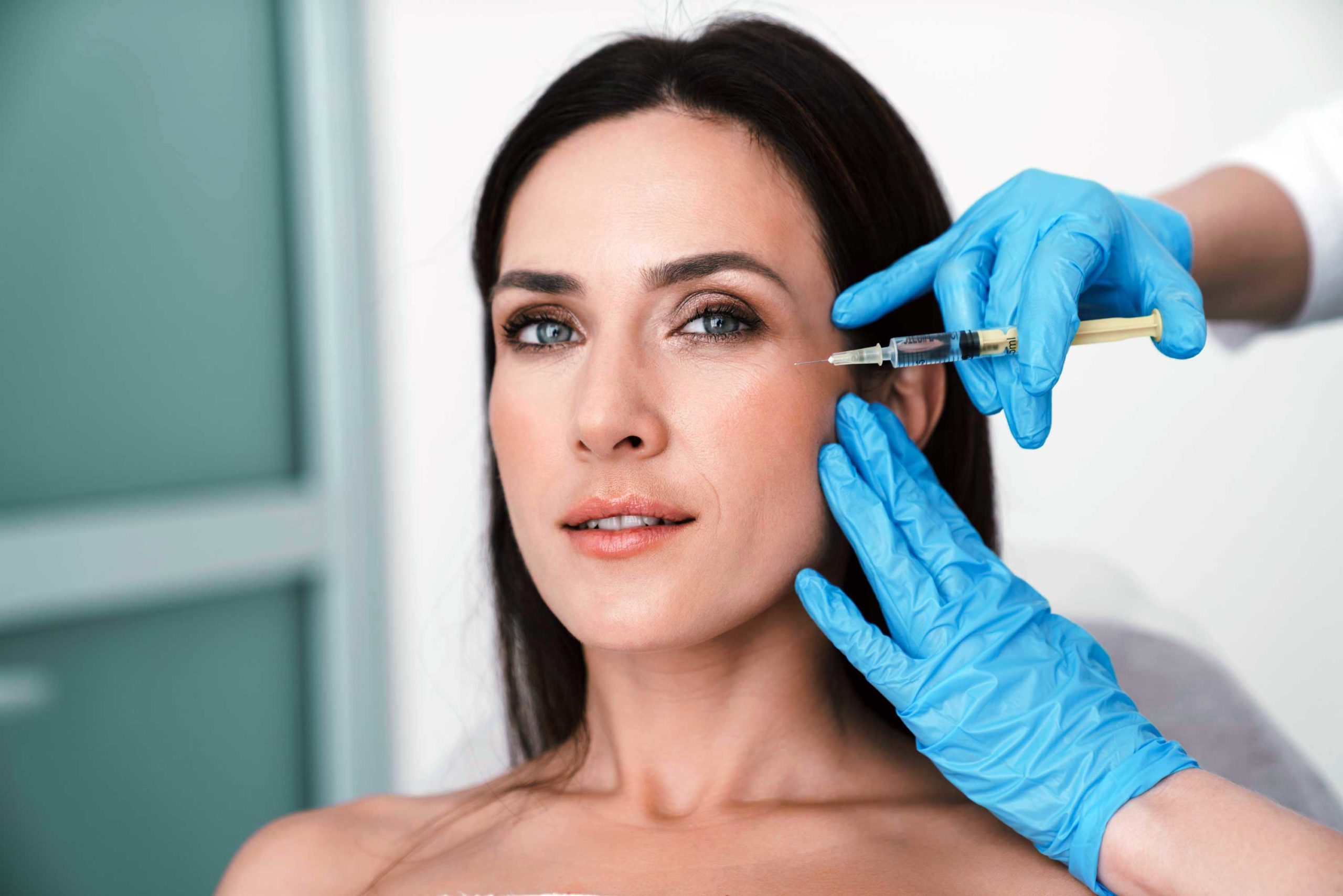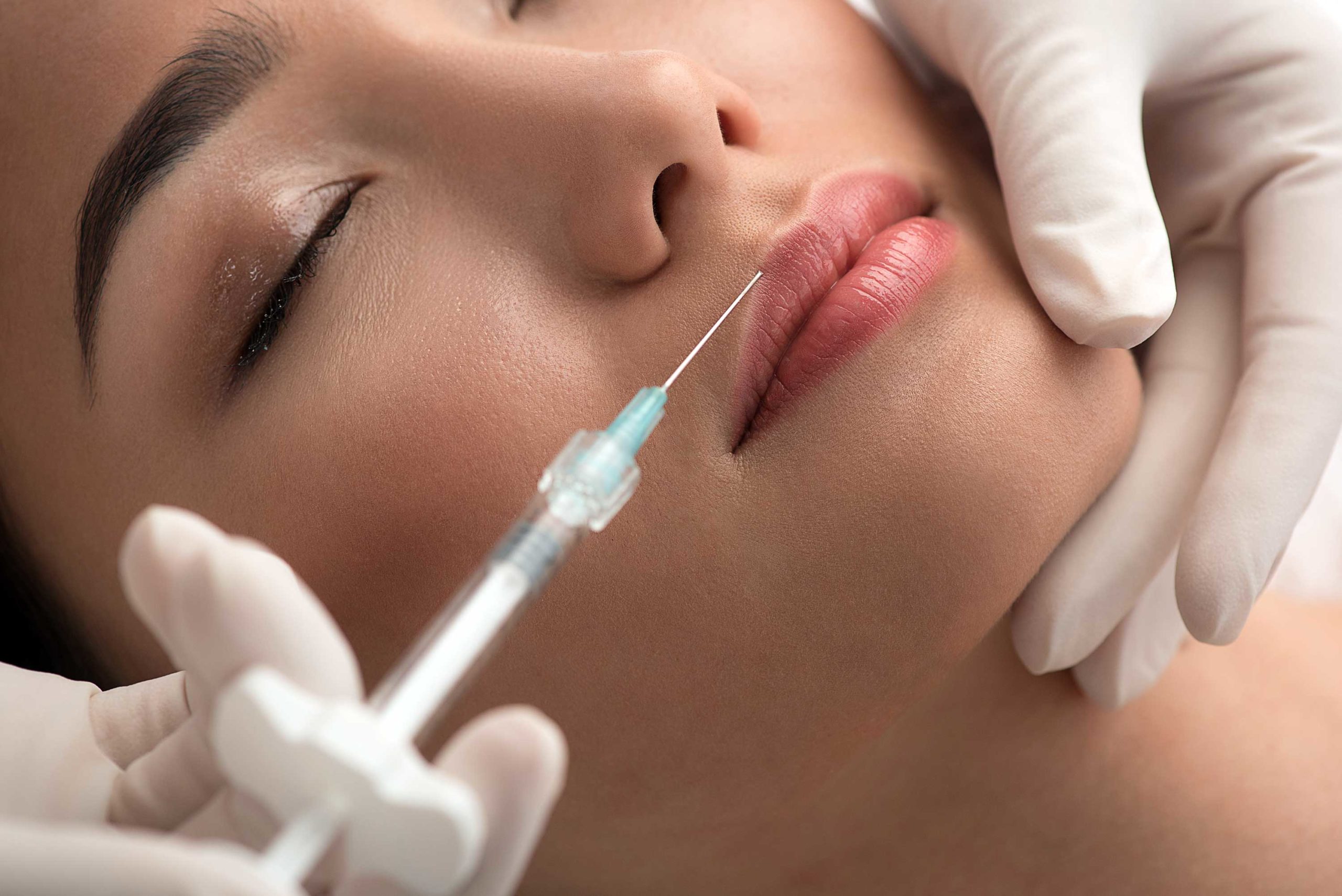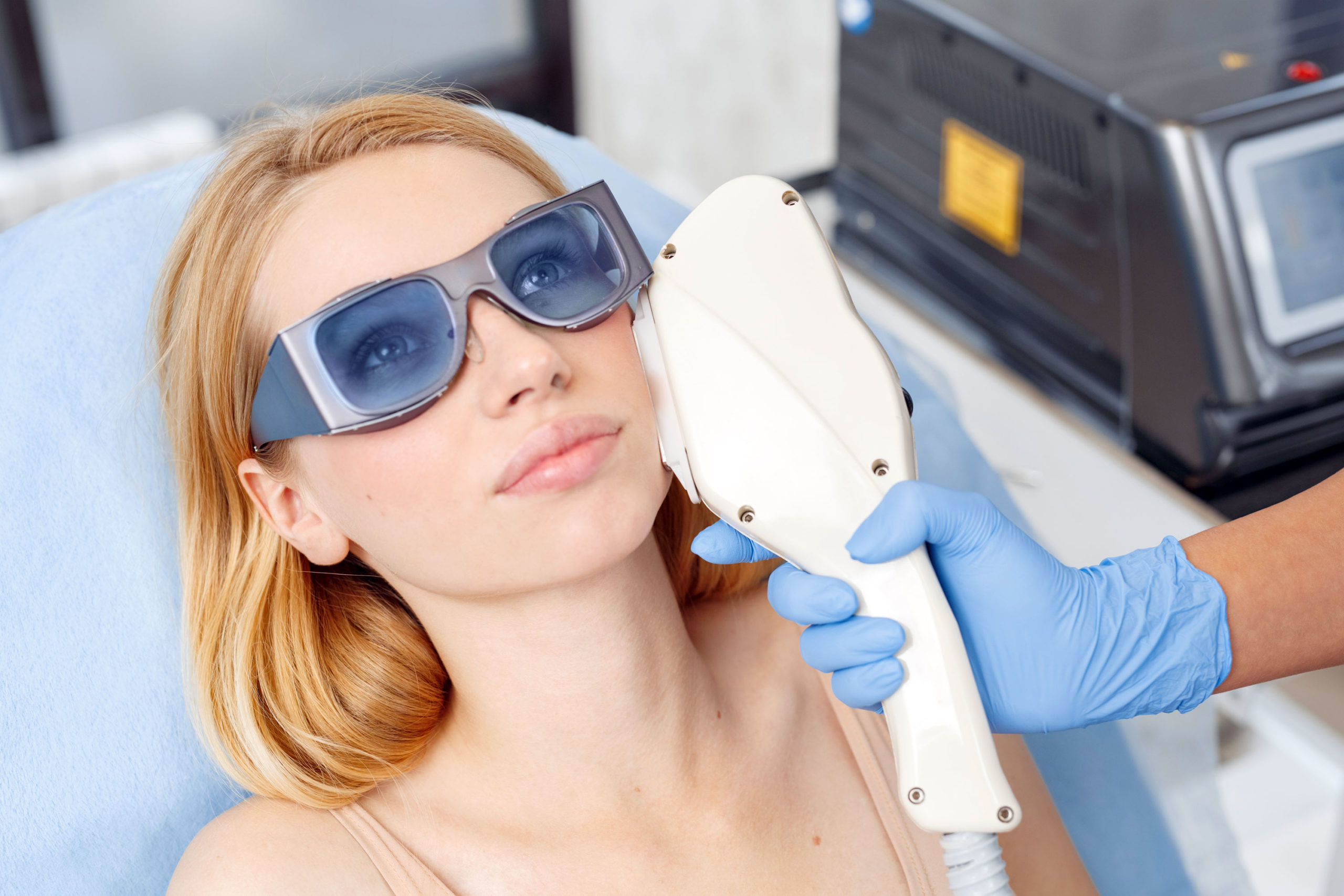Have you been wondering what the right treatment for your acne scars is? Like with any skin condition, there isn’t just one right treatment approach. However, chemical peels can help diminish the visibility of acne scars quickly and with minimal side effects. Understanding how a chemical peel works and all of the benefits they offer can help you decide if this treatment is the right option for you.
Do Chemical Peels Help With Acne Scars?
Chemical peels can help with acne scars. Chemical peels work by applying a solution to the skin that exfoliates the top layers. This helps to promote new skin growth and reduces the appearance of scars. The effectiveness of a chemical peel for acne scars depends on the depth and type of the scars.
Superficial peels can help with mild scarring, while deeper peels are more effective for severe scars. Chemical peels can significantly improve both skin texture and tone by gently removing damaged skin cells and stimulating collagen production. This makes them an excellent choice for treating acne scars.
What Is A Chemical Peel?
A chemical peel is a skin treatment that involves applying a chemical solution to the face, neck, or hands to exfoliate and remove dead skin cells. The solution causes the outer layer of skin to gently peel away, revealing fresh, new skin underneath. This helps improve skin texture, reduce fine lines, and address skin imperfections.
An acne scar chemical peel helps reduce the appearance of scars by promoting collagen production and skin regeneration. Removing the damaged layers of skin can significantly diminish the appearance of scars and give the skin a much smoother and more even appearance.
Are Chemical Peels Safe For Acne Scars?
Yes, chemical peels are safe for treating acne scars when performed by a qualified professional. An acne scar chemical peel can significantly reduce the appearance of scars with minimal risk and little downtime. However, it’s very important to find a qualified practitioner and follow all pre- and post-treatment care instructions to avoid complications and achieve the best possible results.
The Best Chemical Peel for Acne Scars
Chemical peels come in many different types, each targeting different skin concerns. The best chemical peel for treating acne scars depends on the severity and type of scarring. Generally, there are three levels: superficial, medium, and deep peels.
Superficial peels use mild acids like glycolic acid to exfoliate the outer layer of skin, making them excellent for mild acne scars. Medium peels, such as those with trichloroacetic acid (TCA), penetrate deeper and can treat moderate scars. Deep peels, which use stronger acids like phenol, are reserved for severe scarring but require longer recovery.
Deep Acne Scars
Deep acne scars, such as ice pick or boxcar scars, often require a more intensive approach. A chemical peel for acne scars using TCA or phenol can help treat these deep scars. These peels penetrate several layers of skin, promoting significant collagen production and skin regeneration.
While deep peels can be very effective, they also come with longer recovery periods and require professional application to minimize risks. The results are often very dramatic, resulting in much smoother skin and reduced scar visibility.
Raised Acne Scars
Raised acne scars, like hypertrophic or keloid scars, respond well to chemical peels that encourage skin cell turnover and collagen remodeling. Medium to deep peels can help flatten and smooth these raised areas.
A TCA-based chemical peel for acne scars is especially effective because it exfoliates the top layers and stimulates a much deeper healing process. Regular treatments can significantly improve the texture and appearance of raised scars, making them less noticeable and more even with the surrounding skin.
How Can I Prepare for a Chemical Peel?
Before undergoing a chemical peel, it’s important to follow these steps:
- Avoid sun exposure and tanning for at least two weeks prior.
- Stop using retinoids or other exfoliating products a week prior.
- Stay hydrated and follow any specific instructions given by your dermatologist.
- Arrange for post-procedure care and ensure proper recovery time.
Frequently Asked Questions
Do chemical peels cause acne?
No, chemical peels do not give you acne. They exfoliate the skin, which can initially cause mild breakouts as impurities are brought to the surface. But do chemical peels help acne scars? Yes, they improve skin texture and reduce scarring over time.
Do chemical peels make acne scars worse?
No, an acne scar chemical peel is designed to improve the appearance of scars. When performed correctly, it helps to reduce the visibility of scars by promoting new skin growth and collagen production, leading to smoother skin.
Will I have any side effects?
You may have side effects from your chemical peel, including redness and irritation. However, as these side effects subside, the new, regenerated skin is smoother and shows fewer scars than the old skin, improving the overall texture.
Get Expert Help for Acne Scars with Swan Aesthetics
A chemical peel for acne scars can help improve your skin’s appearance by reducing scars and promoting new skin growth. For personalized treatment and professional care, schedule a consultation with Swan Aesthetics. Let our experts help you achieve smoother, clearer skin with a tailored chemical peel plan.



